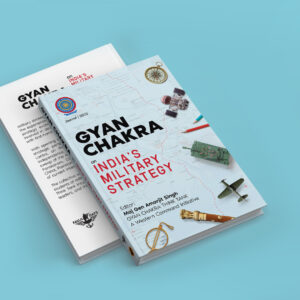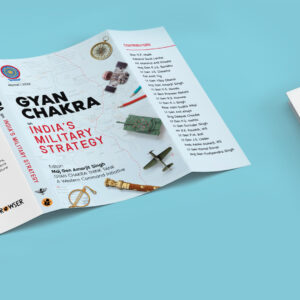
Success starts with the correct mind-set, cultivate it, human brain is highly adaptable.
Good, Better, Best
- Have a sense of purpose and meaning. Japanese concept of IKIGAI ( https://55nda.com/blogs/anil-khosla/?s=ikigai ).
- Look out for new opportunities. Opportunity knocks softly. New challenges as gateways to improvement.
- Try to be the best version of yourself. There is always room for improvement.
- Get over petty insecurities and anxieties. Focus on big picture.
- Focus on self-improvement. Concentrate on your own worth, value, and potential.
- Measure your progress against your own personal best and not against others. Comparing yourself with others is a waste of time.
- Train yourself into developing better habits.
- Relinquish your fear of mistakes. To err is human, mistakes are part of the process, learn from them improve and move on.
- Stop being afraid to look silly and seek help and advice.
Never Stop Learning
- Learning is essential for success. Constantly learn and adapt.
- Learn to reject unhealthy thoughts and habits and replace them with better ones.
- Thinking outside the box is one of the most vital ingredients for anyone’s success. Puzzle solving helps in training the brain in this aspect (https://55nda.com/blogs/anil-khosla/2021/03/26/benefits-of-puzzle-solving/).
- Think critically and creatively. Lot of opportunities require creative thinking.
- Learn new strategies and new ways of thinking. Get your emotions related to “leaping into the unknown” and “fear of failure” under control.
- Look at failure as an opportunity to learn, rather than a worst possible outcome.
Get Priorities in Order
- Plan ahead and stick to it.
- Break that mountainous workload down into small, manageable chunks, and address each one at a time.
- Prioritising the tasks is the first key to the most productive life.
- Organise and categorise the types of activities in your plan. Categorisation could be immediate, mid-term and long-term or aim, objectives and targets.
- Remember that to-do lists, planners, organisers, and productivity accessories are just tools for use and not magical solutions.
Summary
“Life is 10 % what happens to us and 90 % how we respond to it.”
– Charles Swindoll
- Success is all about mind-set. Think the right way to be successful.
- Concentrate on the big picture, accept that mistakes and failure as part of the process, never stop learning, and put your priorities in the correct order.
- Know when to go with the flow and when to challenge the status quo. Rock the boat gently and do not rock it during the storm.
Coming up
Detailed Podcast on the subject
Suggestions and value additions are most welcome
For regular updates, please register here
References and credits
To all the online sites and channels.
Disclaimer:
Information and data included in the blog are for educational & non-commercial purposes only and have been carefully adapted, excerpted, or edited from sources deemed reliable and accurate. All copyrighted material belongs to respective owners and is provided only for purposes of wider dissemination.



